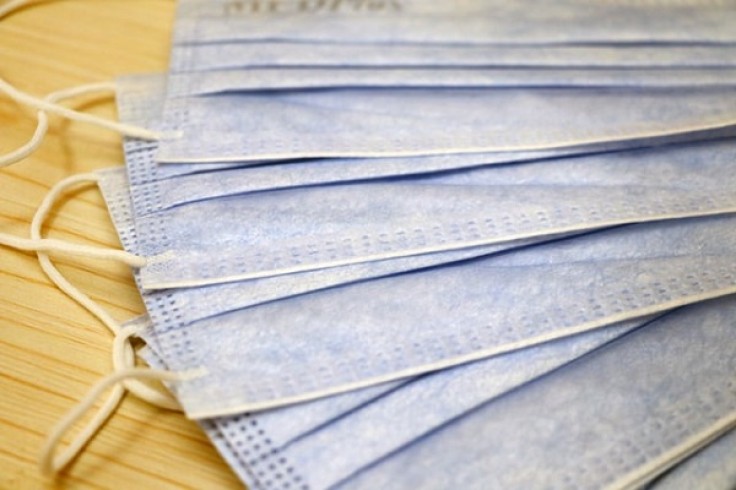
Since the start of the coronavirus pandemic, people have been in a state of panic, purchasing and using disposable masks. Now, suppliers could not reopen factories due to the safety of the workers. Hospitals are now resorting to home-made masks. The materials used are crystal clear vinyl, tapes, foam, and elastic bands.
More Masks Needed
The affiliate vice president of Providence St. Joseph Wellbeing, Melissa Tizon said their gears would soon come to an end. Her West Coastline medical-center group is waiting for more shipments, and while they are at it, they must first improvise. The group operates 51 amenities across 5 states.
As of writing, the US has 19,774 reported cases with 275 deaths. Across the globe, there is already more than 11,000 mortality out over 280,000 confirmed cases of COVID-19.
Millions of Masks are Being Reproduced
President Trump reassured in a briefing on Thursday that millions of masks are being made, but they are for the neighborhood governments, governors, and individuals inside the state.
New York Gov. Andrew Cuomo said that ventilators are highly needed right now, much like missiles during World War II. He added it is a must to make individual missiles, to make ventilators.
Hospitals are asking design firms, dentists, and veterinarians to donate what they can, also hoping that health-conscious people would stop hoarding professional medical equipment. Besides, even if studies have shown that masks can help reduce the spread of the virus, there is no guarantee that they will protect the people from getting exposed.
Home-Made Masks as Substitute
For people who want to do everything that they can, bloggers of craft and sewing are sharing their ingenuity by posting ways to assemble a mask.
The videos even provide tips and alternatives. For example, if you do not know how to obtain an elastic string, you may use ponytail bands, rubber bands, or any baker's twine instead.
However, please bear in mind that these home-made masks could not possibly protect you entirely from the COVID-19. A research done in 2013 Cambridge College showed that house products contain micron-sized particles and viruses. Virus size usually is about a single-millionth of an inch.
Home-Made Masks as Compared with Disposable Masks
According to research, surgical face masks made up of specialized paper that is robust and breathable are only around 89 percent helpful at preventing 0.02 microns of virus particles from passing through. The coronavirus is five times smaller than 0.02 microns.
They also thought of doubling the materials and studied if it could have a better effect. They tried using dish towels with two layers and they found that there is a 14 percent increase in the filtration for particles of 1 micron in dimensions, but when tried with cotton shirts or pillowcases, there was no significant change versus when tested in one layer.
After observing medical-quality face masks, researchers found that it has three times additional power in blocking microorganisms from gaining access to the human body compared to home-made counterparts.
A home-made mask could only protect an individual by preventing droplets of human secretion from getting into their mouth or nostrils, but it is better than not having any protection at all.